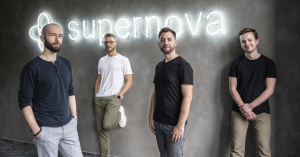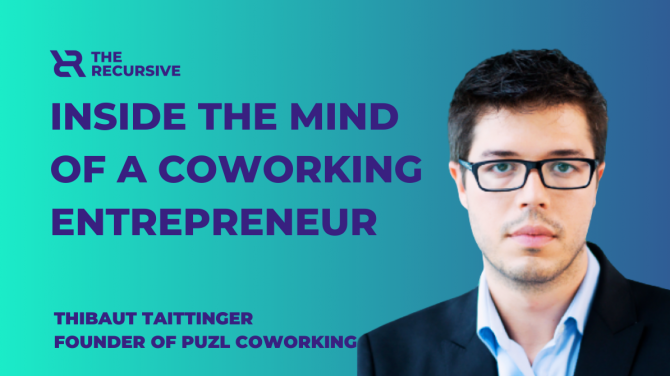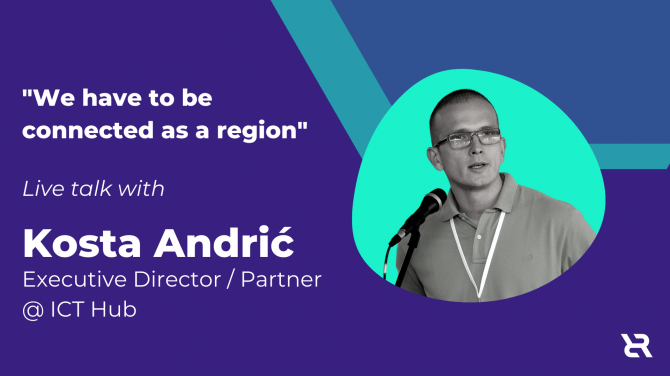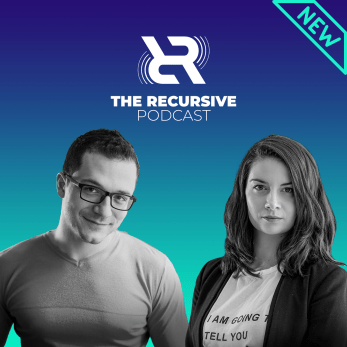What do coding and team management have in common? At first glance – nothing.
But at some point in their career, every engineer has to choose whether to continue their career growth horizontally or become an engineering manager.
Even though the management track is not the only option for career development and some engineers can choose to grow within the technical track, the options for such vertical growth are often limited. That is why, in order to continue their career development, some engineers must quickly grow from developing apps and debugging to building and managing strong technical teams
So, do you need to be a good engineer to manage a team of engineers? Or the other way around: are you ready to lead if you are a good engineer? Is the transition to a tech manager so difficult to master?
To find out what soft skills are needed and how engineers can develop them to become successful engineering managers, we spoke with Yasen Trifonov, Engineering Director at LeanPlum, the mobile marketing company that was recently acquired by CleverTap, Vassil Popovski, Chief Technology Officer at the interior design marketplace DesignTechnologies, and Viktor Danchev, Chief Technology Officer at the spacetech company EnduroSat.
Each one of them has successfully made a career transformation from an engineer to a manager. Vassil Popovski has more than 20 years of experience as a developer and manager in some of the largest software companies in Bulgaria such as VMware, SAP, and Leanplum, now part of CleverTap. Yasen Trifonov started his journey at Leanplum as a software intern, and Viktor Danchev at EnduroSat as a physicist.
The three engineering managers explored what are the best ways to prepare developers for future managerial positions at “After Hours Vol. 4: From Engineer to Manager: Mission (Im)Possible?“, an event that The Recursive and BICA Services held in October. Catch the highlights in the video!
Be prepared for a rough start
Yasen Trifonov says that at the beginning he faced quite a few challenges in finding the right ways to manage expectations within his team and maintain high levels of motivation. Both he and Viktor Danchev admit that one of the main struggles as new engineering managers was to refrain from writing code. Viktor Danchev adds that he found it difficult to set deadlines for his team and push his team to implement their tasks within the set deadlines.
The balance between soft and hard skills is key
While emotional intelligence, empathy, communication, and critical thinking are essential skills for any leader, hard technical skills are critical for engineering managers. In some rare cases, it is possible for an engineering manager to have no prior technical experience, but in most cases, prior experience as a software engineer is a must-have to successfully manage a technical team. Vassil Popovski emphasizes that having such a hard-soft skills balance helps the engineering manager win the trust of his team.
Find a mentor to help you grow into the role
“Any engineer who has the ambition to develop as a manager should seek mentorship from already established technical leaders. Finding the right role model is very important because it allows engineers to see how to apply soft skills in practice,” says Vassil Popovski.
He shares that at DesignTechnologies they have a transition role called Associate Manager that allows future leaders to work side-by-side with incumbent technical managers. In this way, they are smoothly introduced to the world of management and have the opportunity to test their readiness to be leaders in a safe environment.
Ask yourself where your motivation comes from
“The decision to continue your career path as a manager should not be based on the logic that you will receive a higher salary,” says Viktor Danchev. According to him, companies should arrange their compensation policies in such a way that both the management horizontal track and the technical vertical track offer the same financial benefits. This is a smart way to promote a culture that ensures that future managers are driven by a desire to inspire and lead.
Find a side project if you want to continue programming
All three of the panelists at After Hours shared that they still love to write code. However, they focus their coding enthusiasm outside of the day-to-day operations of the company they work at. Instead, they code for fun, so to speak, and develop side projects – either as a hobby or to facilitate the work of their teams. They do not advise engineering managers to interfere in the work of programmers on a daily basis, because in this way they become a “single point of failure (SPOF)”. Or, in other words, they become a cog in the wheels of the whole system.
The next event of the After Hours series that The Recursive started with BICA Services to explore everything regarding tech talent and company culture is coming in a week, on November 23! Register for “After Hours Vol. 5: Gen Z@Work: The Workers Who Want It All” to see how Gen Z is changing the modern tech workforce.
This article is part of a joint project between DEV.BG and The Recursive.





